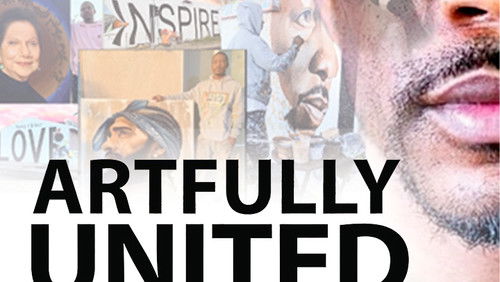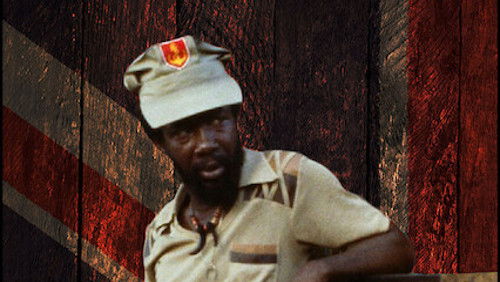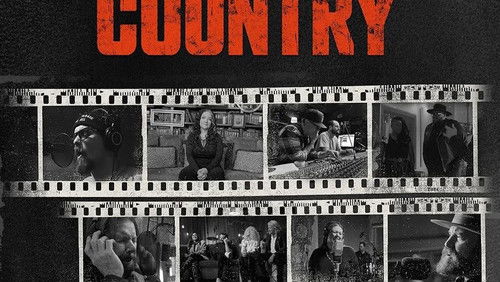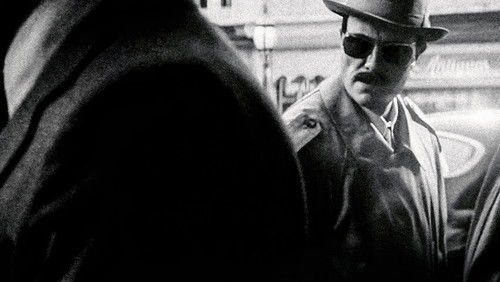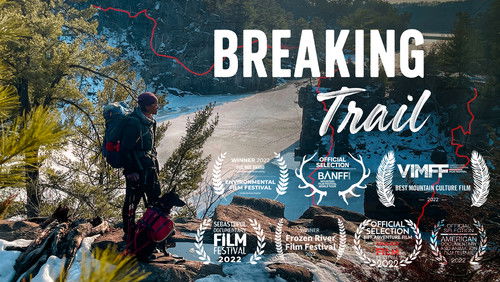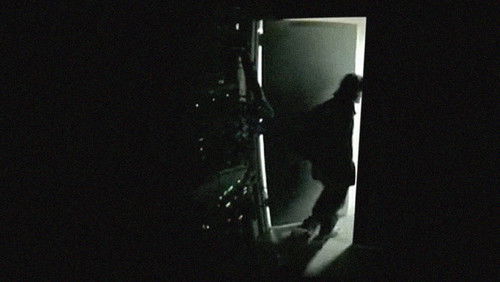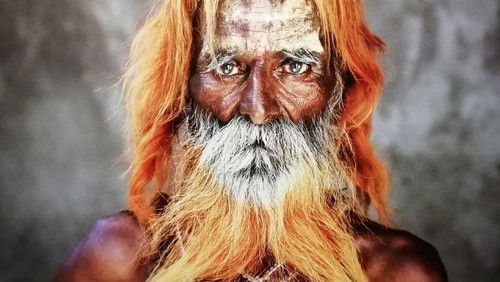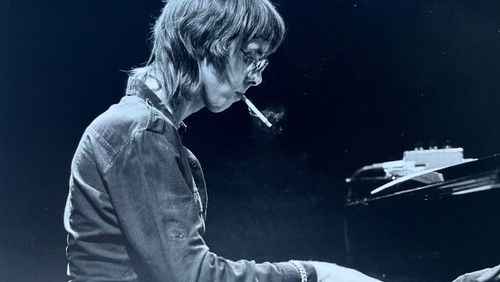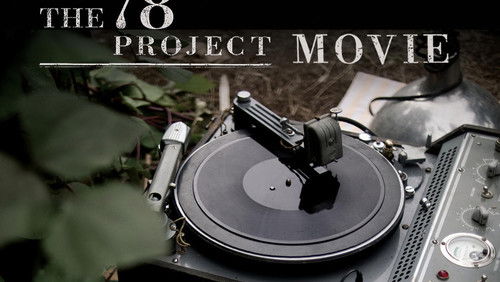The Pendle Witch Child (TV Movie 2011)
53KThe Pendle Witch Child: Directed by Ros Ereira. With Simon Armitage. Simon Armitage presents the extraordinary story of the most disturbing witch trial in British history and the key role played in it by one nine-year-old girl. Jennet Device, a beggar-girl from Pendle in Lancashire, was the star witness in the trial in 1612 of her own mother, her brother, her sister and many of her neighbours and, thanks to her chilling testimony, they were all hanged. In ‘The Pendle Witch Child’ poet Simon Armitage explores the lethal power and influence of one child’s words – a story of fear, magic and demonic pacts retold partly with vivid and innovative hand-drawn animation. He discovers how Jennet’s appearance in the witness box cast its shadow way beyond Lancashire, impressing lawyers, politicians, clerics and even the King himself and setting a dark precedent for child testimony in witch trials as far away as America. Finally, in a dramatic twist to the tale, he reveals how, 22 years after the original trial, Jennet’s own words were very nearly the death of her – when she herself was put on trial, accused of being a witch by a 10-year-old boy. With the help of historians Malcolm Gaskill, Diane Purkiss and Ronald Hutton, Simon Armitage attempts to get inside Jennet’s head and understand how the illegitimate and illiterate youngest child of a family of beggars could become both pawn and player in a much bigger story of 17th century religion, power, law, science and the monarchy. What made Jennet speak out so everyone she knew would die? And how did the courts decide to admit her evidence, and allow her example to create a precedent for accepting the testimony of other child witnesses who wanted to send their neighbours to the gallows? Although the events in this film may date back four hundred years, its issues resonate today as much as ever – when to believe our children, how the police and the court system should handle child witnesses and above all how, in times of crisis, fear of evil can easily lead us to behave in ways which may corrode the very values that we most wish to protect.
“Anyone acquainted with even the sketchiest knowledge of witchcraft and history – as, for example, in Shakespeareu0026#39;s MACBETH – will recognize the thrust of this documentary.u003cbr/u003eu003cbr/u003ePoet Simon Armitage tramps across the Lancashire hills to tell a story of a rural community racked by fear and suspicion in the wake of the Protestant Revolution. Predominantly comprised of women rather than men, it was considered somehow u0026#39;deviantu0026#39; – prone to displays of overt emotion and poor judgment. None of the women could be trusted, especially those apparently invested with supernatural powers. Whether they possessed such powers was immaterial: suspicion was sufficient to convict them. Hence it was inevitable that someone would be tried and punished on suspicion of witchcraft.u003cbr/u003eu003cbr/u003eThe visual style of this documentary was customary BBC fare – the sight of rolling hills and the presenter crossing the frame on wind- swept days with little or no sunshine to break up the gloom. Armitageu0026#39;s commentary was interspersed with observations from miscellaneous boffins from the Universities of Oxford and East Anglia (among others); and the trial itself was leavened with the use of simple animated figures superimposed on the historical site.u003cbr/u003eu003cbr/u003eWhat was perhaps most interesting about this rather familiar story was to speculate on why Armitage had become preoccupied with it. Perhaps it was due to the power of words to persuade and manipulate, especially in rural preliterate communities.”
